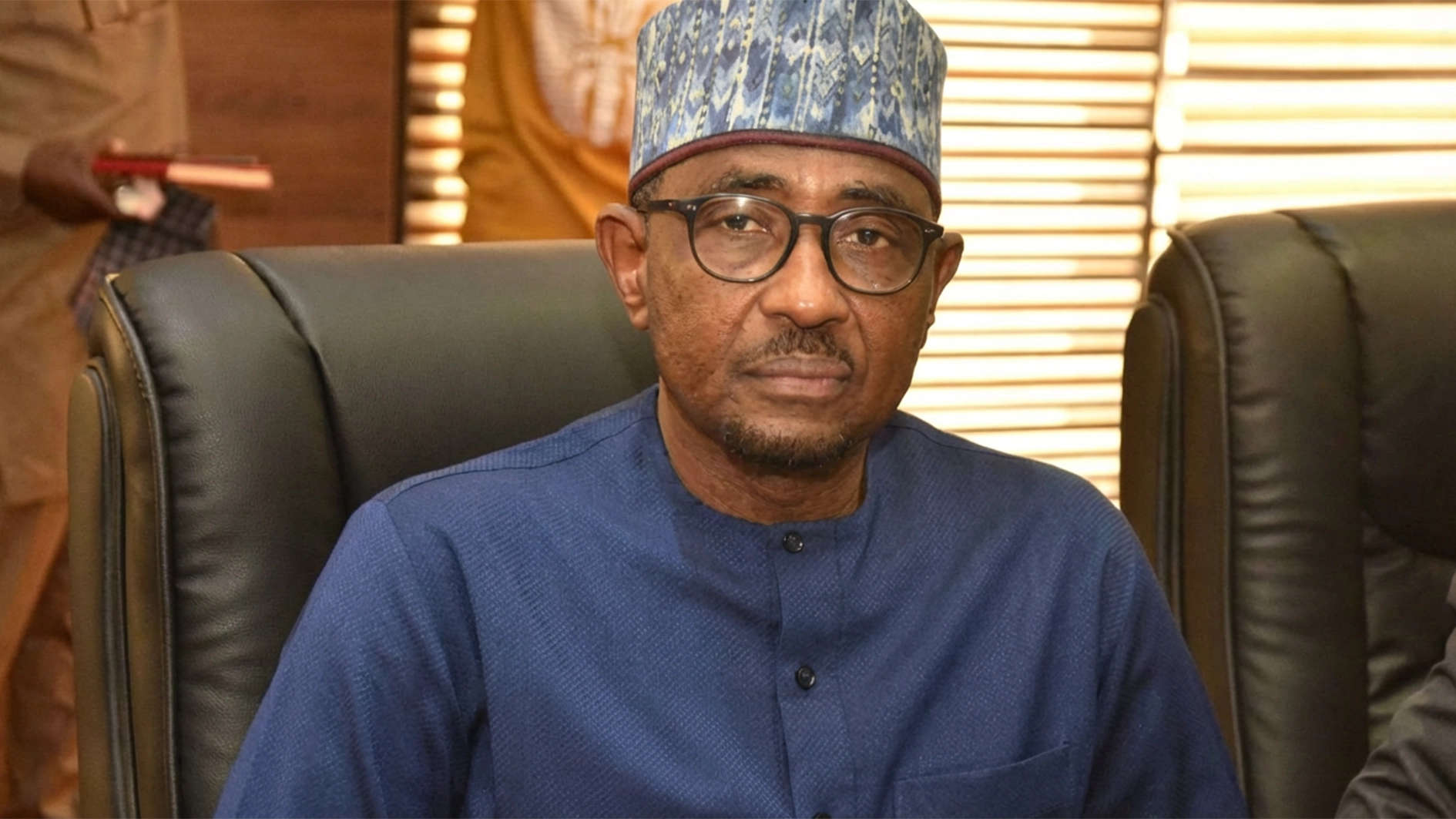The Lagos State Government reiterated its commitment to curbing water pollution and safeguarding the environment for future generations.The state also urged residents to protect wetlands by restoring mangroves and respecting drainage channels.
The Commissioner for the Environment and Water Resources, Mr Tokunbo Wahab, stated this during the Fela Debates 17, held as part of activities marking Felabration 2025 at the NECA House, Ikeja.
According to him, the government recognises the delicate relationship between humans and water, not only as a force of nature but also as an enabler of life. He described water as “a natural resource, a blessing, an ally, and the future of human existence,” stressing that it must be nurtured responsibly in daily use and interaction.
Wahab noted that the theme, “Water (No) Get Enemy,” was particularly apt, as water has, for centuries, shaped Lagos’ economy, trade, fishing, transportation, and settlement patterns. He added that, scientifically, water lies at the core of the United Nations Sustainable Development Goals (SDGs 6, 2, 11, and 13).
“I have chosen to anchor this address on a timeless truth, beautifully captured in the words of the late, great son of Africa, Olufela Olusegun Oludotun Ransome-Kuti, better known as Fela Anikulapo Kuti, the Abami Eda. In 1975, he reminded the world in his classic tune, ‘Water, e no get enemy,’” Wahab said.
He explained that although the phrase sounds simple, it carries profound wisdom—nobody can live without water, and nobody can fight against it, because water is life itself.
Wahab stressed that Lagos is a city that “lives and breathes water,” warning that fighting against water is a battle already lost. He noted that Lagos faces unique climate challenges, including rising sea levels, extreme heat, and recurrent flooding, which prompted the government to design a Comprehensive Drainage Master Plan to protect the city.
However, he lamented that the reverse often occurs, as residents continue to build on floodplains, block drainage channels, and reclaim wetlands—actions often driven by personal economic gain.
“These actions not only defy common sense but also directly violate the Lagos State Environmental Management and Protection Law of 2017,” he said.
Wahab blamed recent flooding in areas such as Parkview, Banana Island, Osborne, Ikoyi, Victoria Island, Lekki, Ajah, and others on human activities, describing them as “man-made disasters.”
He said the Ministry of the Environment and Water Resources had repeatedly addressed such violations, yet many residents “persistently and brazenly defy environmental laws.” He warned that there would be “no hiding place for defaulters and saboteurs.”
“The government will not fold its arms and watch a few individuals endanger the lives of millions for personal gain. The law must and will be enforced,” he said.
Beyond enforcement, Wahab reminded residents of their moral responsibility, saying water bodies “are not dumping grounds but lifelines.” He recalled the heavy rainfall of July 22, 2017, in Surulere, when floodwaters carrying plastic bottles and nylon bags blocked entire streets, a moment he described as “a turning point in the state’s fight against plastic pollution.”
“The message is clear,” he said. “When people pollute water, they do not harm the water; they harm themselves. To safeguard the future, everyone must protect wetlands, restore mangroves, and respect drainage channels.”
Wahab added that although the government’s ban on Styrofoam and certain single-use plastics was initially met with complaints, the benefits are now visible. “Our drainage systems are breathing again, and we can better predict and manage their flow,” he said.
He further disclosed that the government recently signed an MoU with the Jospong Group to convert waste from the Olusosun dumpsite into useful materials, with similar plans for the Epe landfill in partnership with Harvest Waste.
Wahab also revealed that, in collaboration with C40 Cities, the government is piloting a biogas facility at Ikosi Fruit Market, which converts 500 kilogrammes of fruit waste daily into clean energy. “The market now enjoys street lighting, cooking gas, and phone-charging stations powered entirely by waste,” he added.






